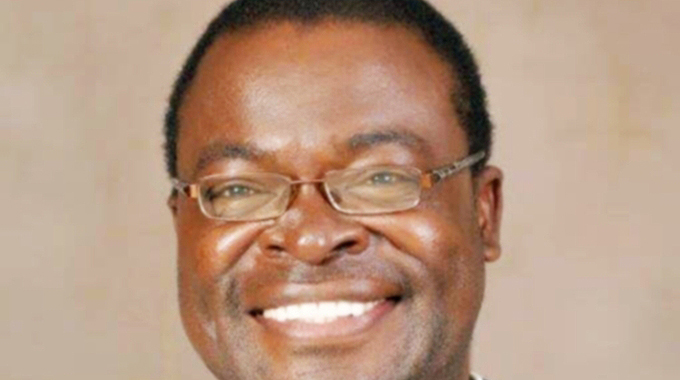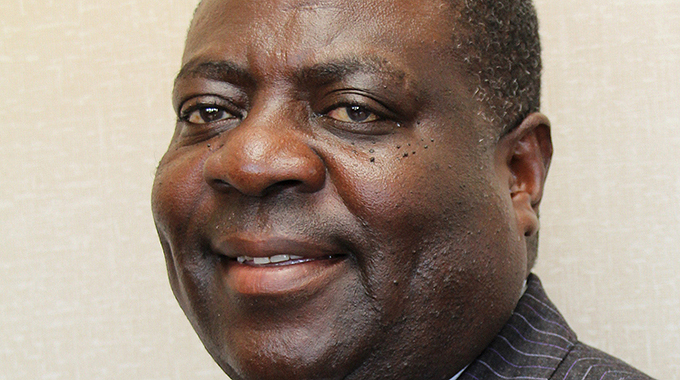Cabinet takes steps to bridge skills gap

Tendai Gukutikwa Manicaland Correspondent—
CABINET has adopted the National Critical Skills Audit (NCSA) and Zimbabwe National Qualifications Framework (ZNQF) Bills to bridge the yawning gap between the country’s literacy rate and skills level, a Cabinet minister has said.
Higher and Tertiary Education, Science and Technology Development Minister Professor Amon Murwira said this at Mutare Teachers’ College on Wednesday when he officially opened the second edition of the teacher education research conference.
The three-day event is running under the theme “Research in Teacher Education for Sustainable Development”.
Prof Murwira said the implementation of the audit would help bridge the 56 percent gap between the country’s literacy and skills level rates.
Zimbabwe is one of the leading literate countries in Africa, boasting of a 94 percent literacy rate, while its skills level rate stands at only 38 percent.
Prof Murwira said the 38 percent skills level was very shocking compared to the high literacy rate, adding that the NCSA would assist in improving it within a short time in the coming years.
“The NCSA has and will assist in providing a focused programmatic approach to identifying skills, gaps, redundancies, shortages and emerging technological trends,” he said.
“It will help in bridging the gap between the two rates because it also recommends the critical skills required to refocus our training, research and planning for generations to come.”
The audit will also guide the overhaul of the curriculum framework for universities, teachers’ colleges and polytechnics, said Prof Murwira.
Prof Murwira said the national critical skills audit also sought to address shortcomings that had seen students studying for degrees that were no longer relevant to industry.
This, he said, would see some diploma and degree programmes offered by higher and tertiary learning institutions either phased out or re-tailored to meet industry’s needs.
He also said Cabinet had passed ZNQF, which ensured that the country’s tertiary institutions helped in producing brilliant graduates.
Prof Murwira said for the country’s education to continue being relevant to the demands of the economy, it must maintain a high level of responsiveness to the demands of the market.
“The ZNQF enables the development of standardised qualifications through the establishment of minimum bodies of knowledge,” he said. “It also further allows vertical progression from the technical and vocational education route to the university education channel.
“The implementation of ZNQF allows horizontal movement across institutions offering similar programmes. It represents a national effort at integrating education into a unified structure with clear pathways.”
Prof Murwira urged teachers, teacher trainers and policy makers to employ heritage-based teaching by using local environments rather than importing.
“For Zimbabwe to attain growth we must do new things; not the things that we are used to,” he said. “Our teaching should result in new ways of doing things, for instance, the use of technology and improvement of digital citizenship – that is growth.
“Schools are not conformity factories, but places for thinking.”
Zimbabwe last conducted a skills audit in 1984 with most of its recommendations now outdated and overtaken by developments, chief among them technology.
The event was attended by hundreds of teacher trainers and researchers from across the country and region who will be presenting their researches during the course of the three-day-conference.








Comments